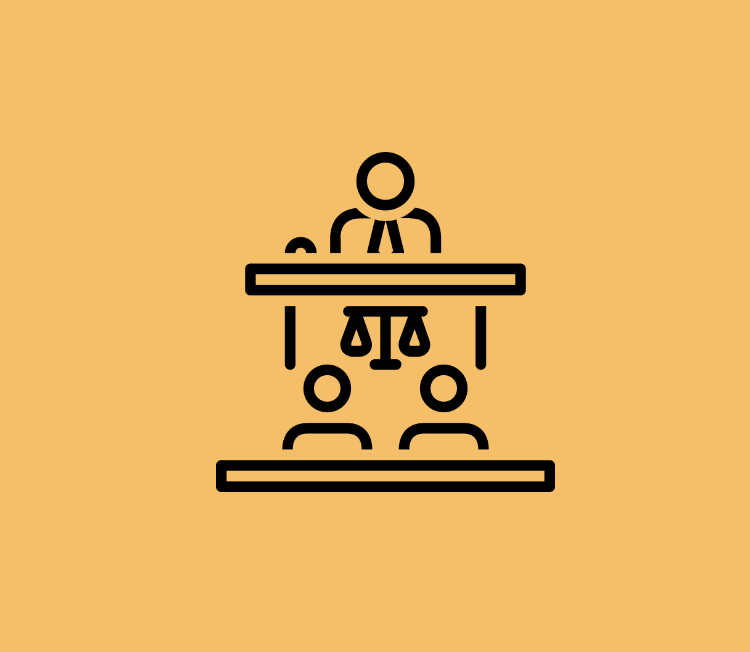You have the Right to Appeal!
In most cases, you may have the right to appeal the decision of the court or other bodies. It is important that when you are dissatisfied with the outcome of the decision made by the court or any other body, you ask the decision-maker or a lawyer if you can appeal the decision. Generally, the law restricts appeals to two. It imposes strict conditions for a third appeal to be allowed. There are also strict deadlines in which appeal must be submitted and, therefore, you need to act promptly.
Your appeal will be before a higher court or a different person from the one who made the decision that you are not happy with. The court or judge or justice determing the appeal will correct errors by the first court or person that decided in your case. The right of appeal ensures that, as far as possible, courts, individuals or bodies arrive at correct decisions.
Generally, judicial appeals follow a bottom to the top system, from the lower courts to the upper courts in this sequence:
1. Magistrate Grade II to Chief Magistrate;
2. Magistrate Grade I to High Court; (Appeal from the Magistrate Grade I, has to be with the permission of the Chief Magistrates to the High Court)
3. Chief Magistrate to High Court;
4. High Court to Court of Appeal; and
5. Court of Appeal to the Supreme Court;.
If you are dissatisfied with a decision of the LC court, the appeals process is as follows:
a. Local Council I decision, you appeal to the Local Council II,
b. Local Council II decision, you appeal to the Local Council III,
c. Local Council III decision, you appeal to the Chief Magistrate
A person not satisfied with the decision of the General Court Martial may appeal to the Court Martial Appeals Court. And if still not satisfied they can appeal to the Court of Appeal. Appeals from the Unit Disciplinary Committee are made only to the Commanding Officer or the immediate superior in command of the superior authority. Where the trial was by a Superior Authority, then the Appeal should be to the Commander-in-Chief.







